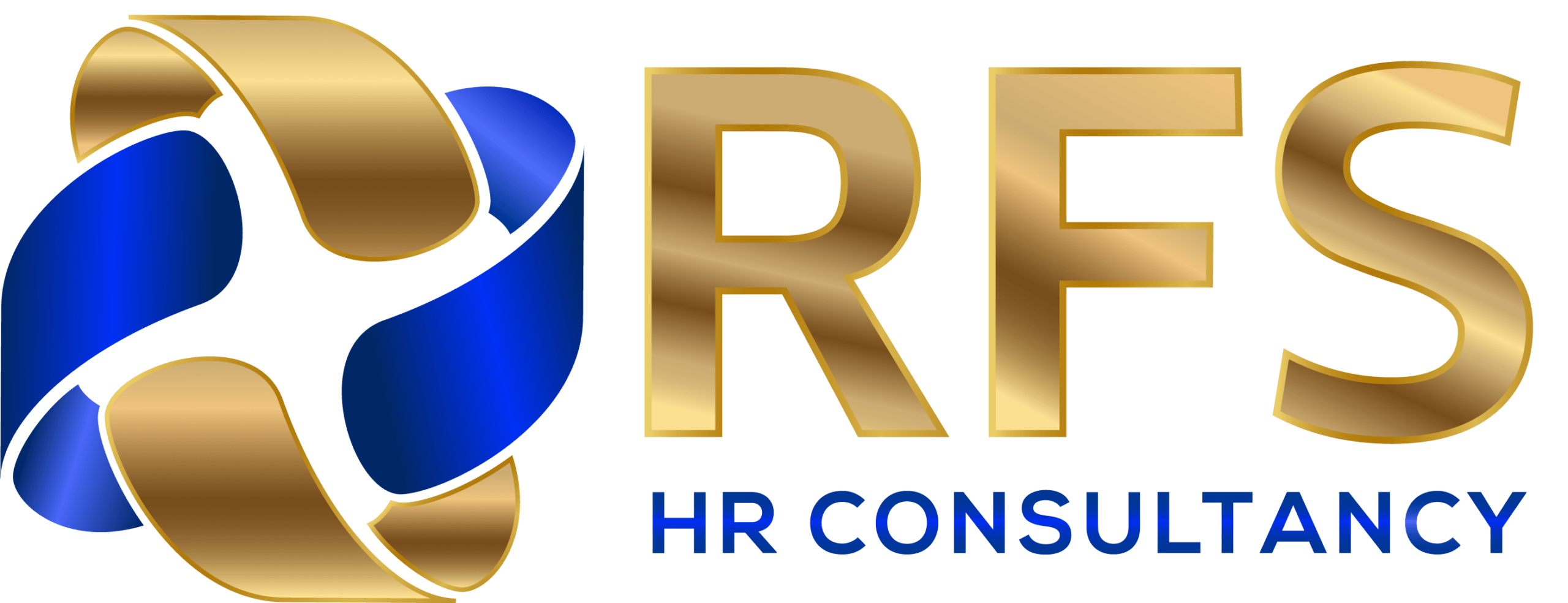FMCG, also known as Fast-Moving Consumer Goods companies, produce products that sell fast and at cheap rates. For example, some everyday items are toiletries, restaurants, and personal care goods. If we talk about the top brands or FMCG businesses, we may get these names on the list: Coca-Cola, Unilever, and Nestle. The global FMCG logistics market size was valued at USD 108.50 billion in 2022.
The FMCG industry is predicted to grow from USD 111.43 billion by the end of 2023 to USD 143.26 billion by 2030, indicating a CAGR of 3.66% during 2023-2030. These are the numbers to pay attention to, especially for business people and entrepreneurs. Within the FMCG sector, approximately half of the total sales are attributed to domestic and personal care products, with healthcare products accounting for about 30-31% and beverages contributing about 18-19%.
Table of Content
- What is FMCG?
- What are the Different Types of FMCG?
- What Are The Top 5 FMCG Characteristics?
- What Are The Skills To Get Into The FMCG Industry?
- Summing Up
What is FMCG?
In short, FMCG refers to items we use on a daily basis that are traded in large portions – it produces a large part of the retail sector and is a highly sought-after industry. As a giant industry, it requires more people for selling and marketing purposes. These reputable companies usually prefer to get recruitment services to fulfill their sales and marketing recruitment in the FMCG Industry. For your knowledge, let’s look at the types of FMCG sectors.
What are the Different Types of FMCG?
A wide variety of FMCG products can be found in the market—for example, cosmetics, food, medicines etc. We can group these products based on the industry or the market sectors. The other categories are:
- Home Care
- Food And Beverages
- Personal Care And Hygiene
- Healthcare Care
- Baby And Childcare
- Pet Care
- Confectionery And Chocolates
- Office And School Supplies
- Home Decor And Furnishings
- Automotive Products
- Sporting Goods And Fitness Products
- Beauty And Cosmetics
- Pharmaceuticals
What Are The Top 5 FMCG Characteristics?
Let us tell you, not all customer goods are categorized as fast-moving consumer products. Specific features are standard in FMCG products.
The following are the essential characteristics of FMCG:
Durability
There are two kinds of consumer goods: durable and non-durable. Durable goods are also known as slow-moving consumer goods. The FMCG products are non-durable and must be consumed ASAP. They are putrefiable and cannot be stored for long duration.
Purchased Frequently
Everything from soap to delicious macaroni pasta is considered FMCG. These are regularly consumed items, so consumers frequently purchase them.
Extensive Number of Choices
There are multiple products available in the single FMCG type. For example, different brands produce toothpaste and shampoos. The consumer has many choices in the market to buy any of their favorites.
Easy Availability
The strong distribution medium has made customer goods easily available in the market. You can readily find and buy them in supermarkets, hypermarkets, and grocery stores and place orders on e-commerce websites.
Cheaper in Cost
Customers can effortlessly buy these goods at a cheap price. They are produced in large amounts and, therefore, priced comparatively lower. Another characteristic that contributes to the lower price is the shelf life. For goods with shallow shelf life or are readily perishable, vendors try to sell those products at lower rates for stock clearance.
Now, let’s discuss some top FMCG skills needed to enter the FMCG industry.
What Are The Skills To Get Into The FMCG Industry?
Here are some skills to learn if you want to start a career in the FMCG Industry:
- Insights Valued
- Technical Skills
- Data Analytics
- Fmcg Sales Skills
- Financial Accounting
Insights Valued
Understanding customer insights is one of the most essential skills in the FMCG industry. In this industry, there is a distinct preference for candidates who possess theoretical knowledge and the ability to apply it effectively. Data analysis and problem-solving skills are needed to understand customer insights and ensure they return to the brand. Individuals with this mastery can comprehend the requirements and problems of customers and make solutions accordingly.
Technical Skills
The technical need in the FMCG industry is also growing as the industry is working on new schemes and demands technology skills to do so. One must need Brand Management skills to manage a brand or a company. Therefore, before jumping into the competition pool, every new project must acquire a brand management talent acquisition from a reputed executive search firm. Appliances are getting more automated day by day. As an outcome, people with refined technical capabilities are in high demand. Hence, it is time to get up-skilled to stay updated with the market.
Data Analytics
Data analytics is a crucial skill to get into an FMCG business. Utilizing technical skills, data gets analyzed, and the findings are displayed as a report. These results are then used to determine a solution or improvement to the recognized problem. Data analysts use SQL skills to extract data, programming skills to analyze the data, and communication skills to report the data. These analytics can refine manufacturers in handling pricing across the value chain. It can contain shelf-based pricing, distributor expense, vendor price, and promotional spending optimization- a giant cost for CPG companies.
FMCG Sales Skills
FMCG sales are primarily about relationship management. In comparison, other sales jobs can include extensive portions of business expansion and defeating new clients. These skills support the customers in making purchases and resolving their issues. Sales skills work with customer fulfillment, services, and across-the-board brand engagement. The individuals must have interpersonal skills to convince customers to purchase from the brand. And also have a satisfactory and smooth buying experience.
Financial Accounting
Regarding FMCG companies, financial skills are as necessary as sales and technical skills. Maintaining financial documents, creating financial reports, examining financial data, handling cash flow and working assets, managing budgeting and forecasting, expanding finances, managing debt, and assuring compliance with financial rules are some essential tasks executed by financial accounting specialists or experts in the FMCG sector. They assist companies in handling the economic risks the industry is subject to, including volatility in foreign exchange rates, interest rates, and entity prices, raising cash to fund their expansion, organizing the company’s debt financing plans, and overseeing its debt portfolio. These skills also assist businesses in sticking to rules particular to their industry, such as those governing food safety and product labeling.
Summing Up:
The FMCG industry is dynamic and expanding, and financial, data, technical, sales, and marketing Recruitment in FMCG are also significantly expanding. To stay updated with the industry’s fast pace, interpersonal and soft capabilities such as persuasiveness, discipline, and managerial skills also play an essential role. Therefore, you must instead recognize the skills demanded for your target job role, work to grasp those skills, and then actively apply for jobs or use a recruiting agency such as RFS HR Consultancy in your job hunt to get your ideal job in the FMCG industry.
Read More Related Blogs:
How to Build a Successful Career in Cloud Computing
A Guide to Recruiting the Best DevOps Talent




